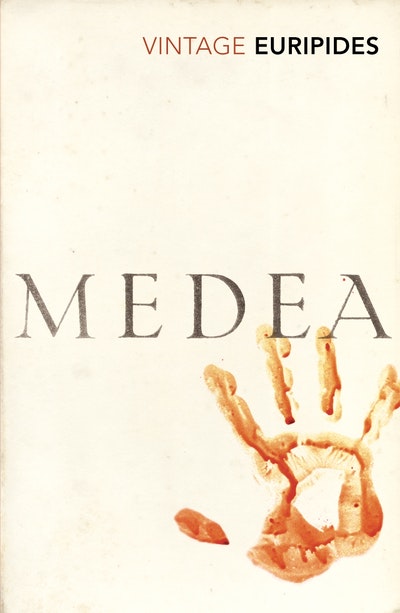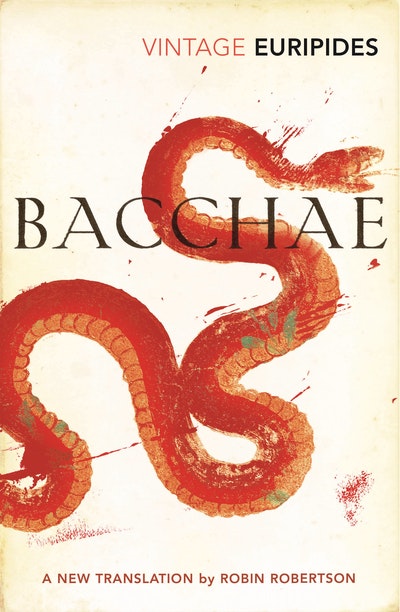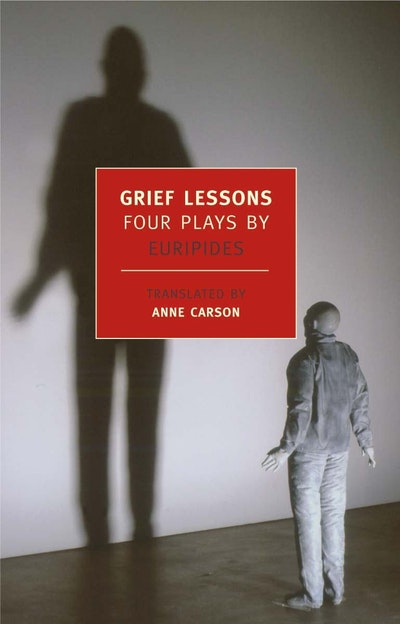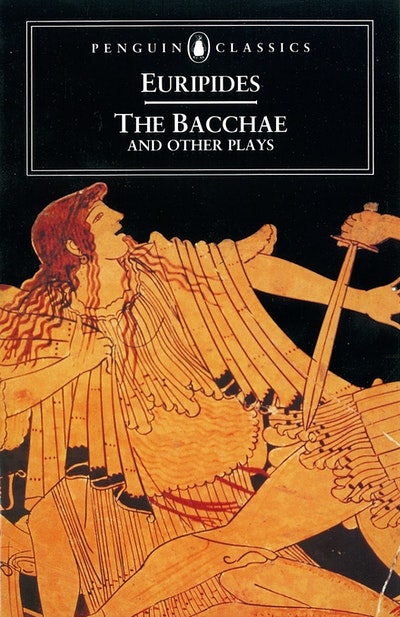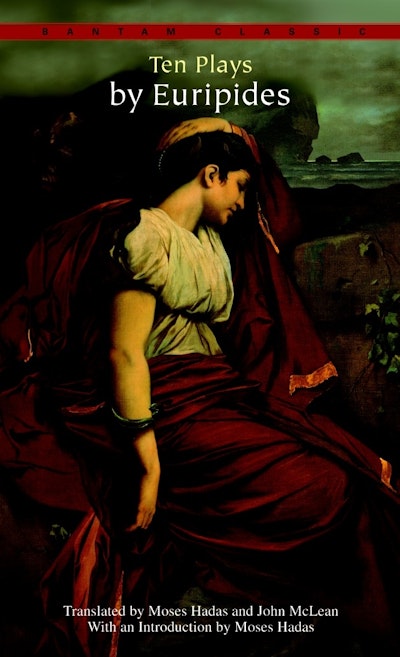Medea
- Published: 1 September 2010
- ISBN: 9781407013992
- Imprint: Vintage Digital
- Format: EBook
- Pages: 112
[Robertson's] version of Medea feels newly minted thanks to the pitch perfection of his linguistic choices. Robertson's skill lies in bringing the words of a long dead Greek to life, not merely to live but to cavort in the mind's ear
Scotland on Sunday
His version of Medea feels newly minted thanks to the pitch perfection of his linguistic choices. Robertson's skill lies in bringing the words of a long dead Greek to life, not merely to live but to cavort in the mind's ear
Scotland on Sunday
In Robertson's translation poetry abandons its usual mellifluousness for pithy simplicity...The combustion of language and sound is enough to release the beauty in the text
Fiona Shaw, The Times
It's 2,400 years old, yet it is so compelling and absolutely modern
Deborah Warner
One of the main virtues of this fine translation is Robertson's ear for the verbal brutality committed by the estranged Medea and Jason on one another during their confrontations. Another is Robertson's sensitivity to the seascapes and imagery of Euripides that dominate the play... Closer examination reveals how much thought has gone into its making...These subtleties support Robertson's claim, in the introduction, that his main concern was "to provide an English version that is as true to the Greek as it is to the way that English is spoken now..." It certainly deserves to be staged. It would provide a more attractive basis for a performance text of the original play than anything else currently on offer
Times Literary Supplement
Robertson is master of the dark and wounded, the torn complexities of human relations, and Medea offers a perfect match for his sensibilities. This is an urgent, contemporary and eloquent translation
A.L. Kennedy
Robertson's achievement is to make the dialogue flow without losing the unsettling poetry of the original
Financial Times
Robin Robertson is a fine poet and one well-matched to the task of making an English version of Euripides's great play. The tough but musical vernacular line he has found brings home the brutality and ineffable sadness of Medea in a way that seems perfectly-pitched for a modern audience
David Harsent
The greatest works demand constant re-translation to meet the changing culture of the age, and Robin Robertson has given us a Medea fit for our times; his elegant and lucid free translation of Euripides' masterpiece manages the trick of sounding wholly contemporary but never merely 'modern' - and will be an especially lucky discovery for those encountering the play for the first time.
Don Paterson
The purpose of translation is to set a play free. This is just what Robin Robertson does. In his lucid, free-running verse, Medea's power is released into the world, fresh and appalling, in words that seem spoken for the first time.
Anne Enright
This version of Medea is vivid, strong, readable, and brings triumphantly into modern focus the tragic sensibility of the ancient Greeks
John Banville
